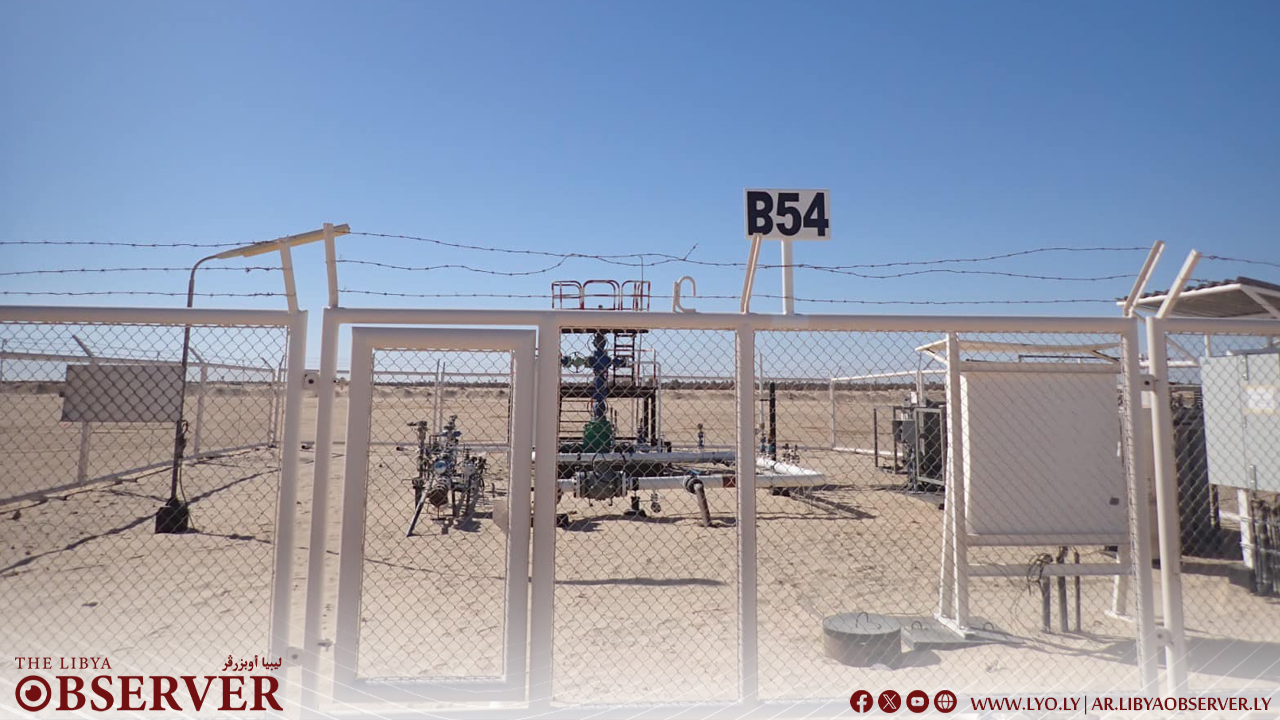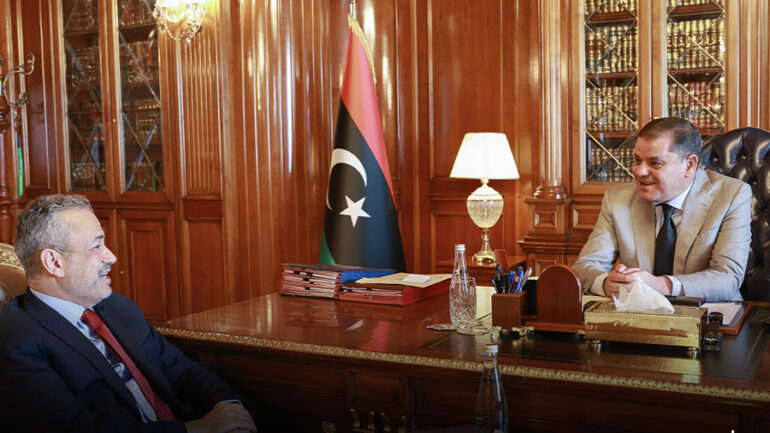



Libyan Prime Minister Abdul Hamid Dbeibah has responded to increasing calls for the overthrow of his government during the February 17 Revolution Prisoners Forum held in Misrata on December 14, 2024. In his address, Dbeibah criticized the Muslim Brotherhood and supporters of the monarchy, asserting that his government remains capable of conducting elections, as evidenced by the recent municipal elections. He emphasized the importance of democratic governance over past political systems, highlighting the need for a stable political environment to facilitate future elections.
Dbeibah also condemned Khalifa Haftar's reconciliation initiative, arguing that individuals who have caused harm to the Libyan people should not be in positions to lead reconciliation efforts. He expressed concerns regarding the House of Representatives, accusing them of attempting to prolong their tenure at the expense of genuine political progress. In outlining the challenges to political advancement in Libya, Dbeibah identified four key obstacles: the military system, the influence of the Muslim Brotherhood, the monarchy movement, and the current House of Representatives.
This political backdrop is critical as Libya's oil sector continues to face disruptions due to ongoing instability. The recent ousting of former Central Bank Governor Sadiq Al Kabir and the appointment of Deputy Governor Abdel-Fattah Ghaffar have further complicated the financial landscape. Despite these challenges, Dbeibah's government is actively seeking to stabilize the economy and enhance oil production, which is vital for the country's recovery.
The National Oil Corporation (NOC) has made strides by completing the first development well in the Sarra oil field, which is expected to boost production significantly. However, the political climate remains tense, with ongoing disputes affecting Libya's oil output and overall economic stability. Analysts suggest that the current situation is more precarious than in previous years, indicating a challenging path ahead for both the government and the oil sector. [85fdae0b][e51b9f9c][50b92ebf][4cd2be10]